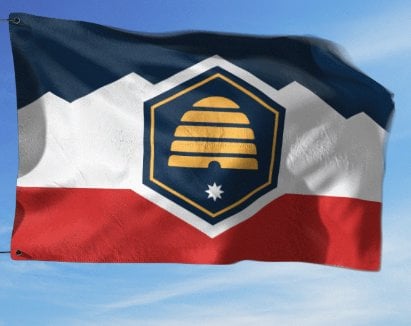“How do we write and change this law to where books where a women naked over a man with a gun to his head is allowed in the libraries of your junior high, and the bible is not,” asked Rep. Kera Birkeland.
“Adults can tell the difference between a religious text from the Bible, the Torah, the Koran, the Book of Mormon even though they depict historic or evidence of various acts, relative to pornography, that which is sexually explicit,” argued Bramble.
Can they, though? Sure, maybe most people can tell the difference, but misunderstanding of religious texts is a pretty common source of terrorism and terrorist acts. I think the thing they’re overlooking is that it’s easy for someone to read these books, take them literally, and come away with a very misguided sense of religious purpose. This is one of the reasons churches exist: to help people understand the foundational texts of their religions. Unfortunately, churches have also been used to foster arguably extremist viewpoints! Still, I don’t think a teacher or librarian should be helping a student understand his/her/their religion. That’s what parents, religious leaders, and Sunday school are for.
We’ve known for a long time that banning books is a slippery slope. For sure, certain books are (in)appropriate for certain ages. That’s where librarians and school boards can play a part. Right now, they’re talking about banning what they’ve defined as “offensive” and “pornographic.” What about something like Das Kapital? That could easily be argued as anti-American - probably enough reason for many local school boards to ban it as “offensive” or “subversive”. I would argue it points out potential pitfalls of capitalism that should be analyzed and discussed. Once a line is drawn, you can count on politicians and/or vocal minorities to move it at their whim.


